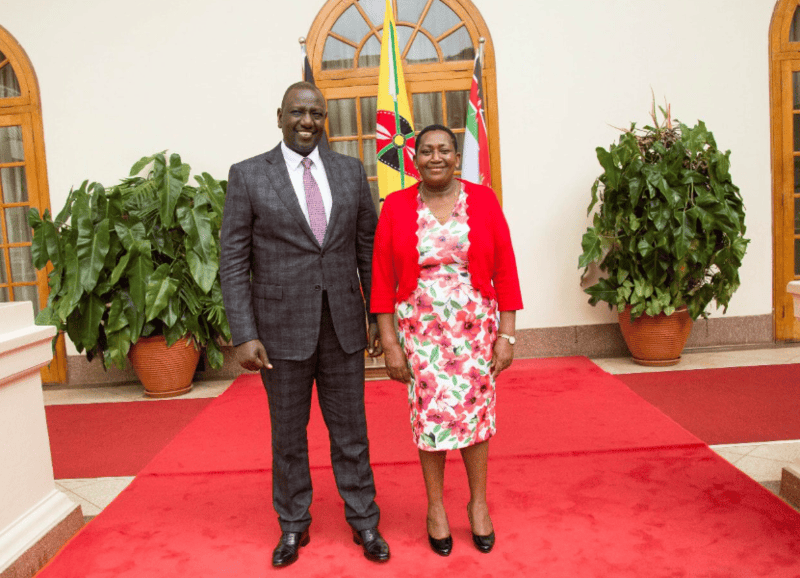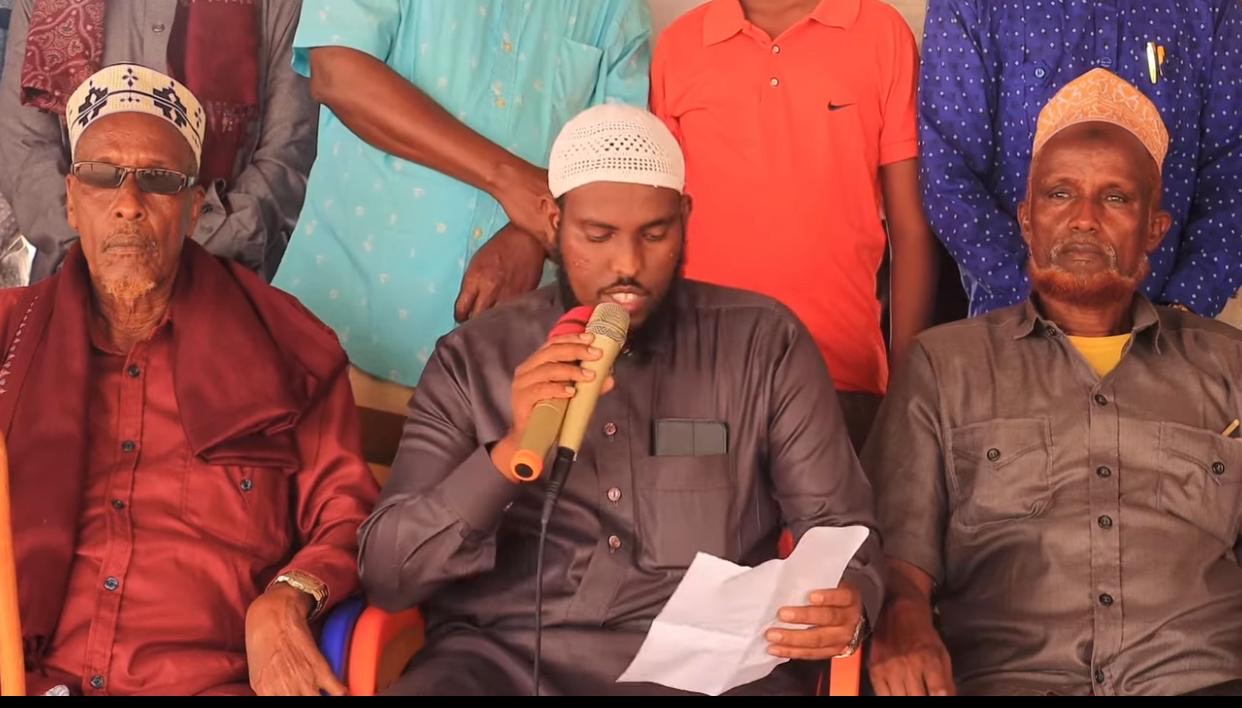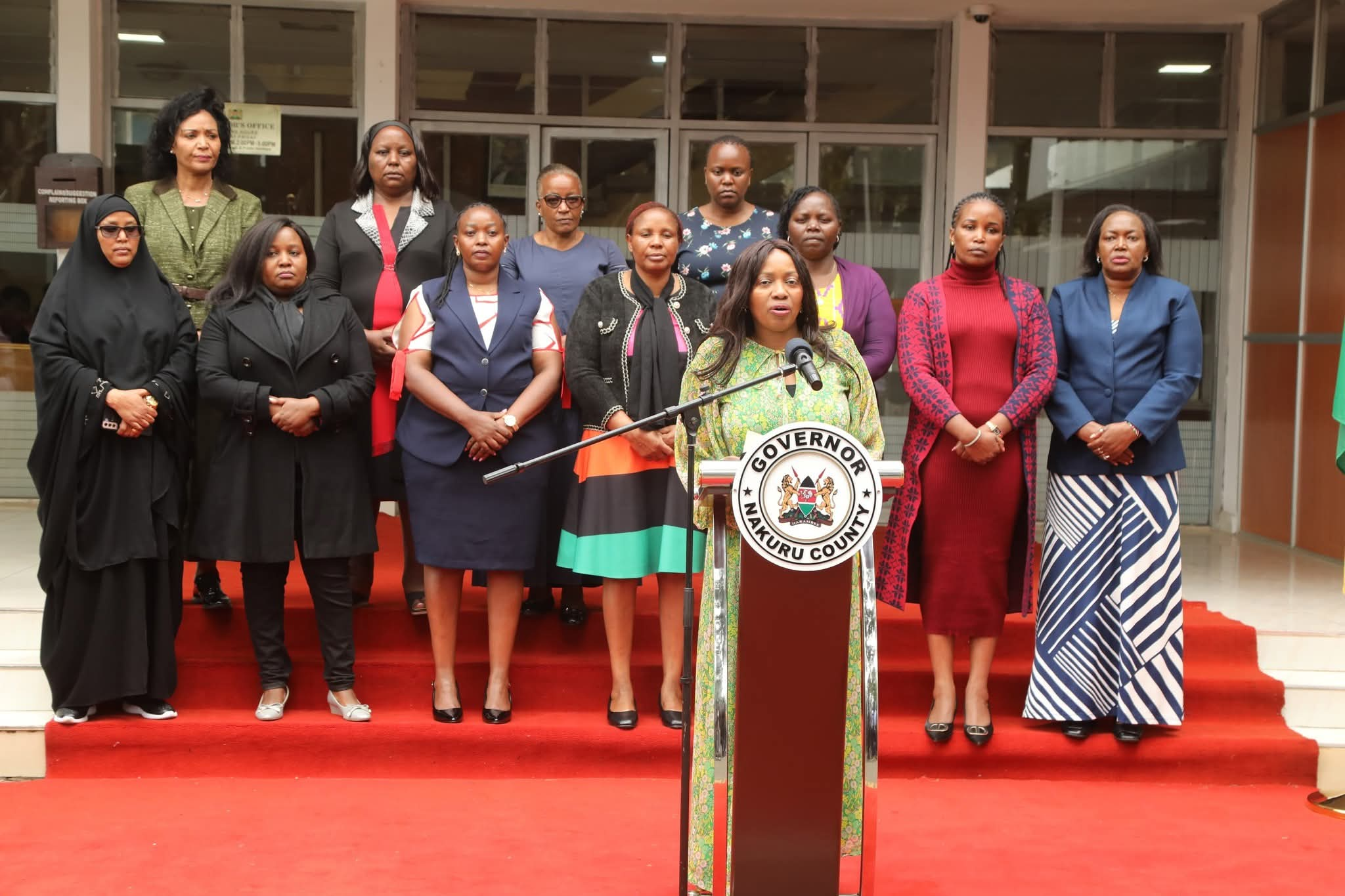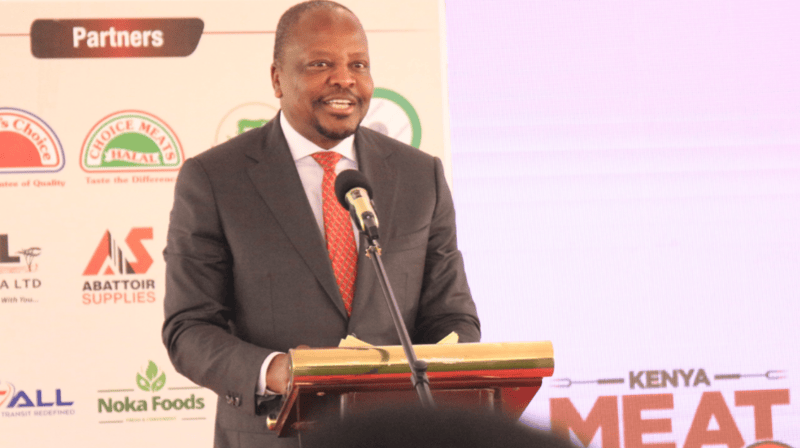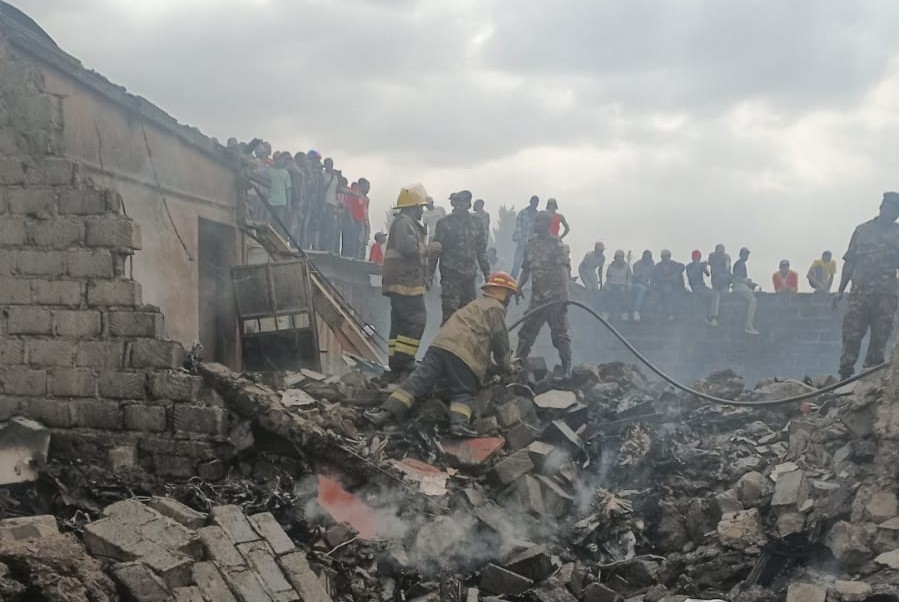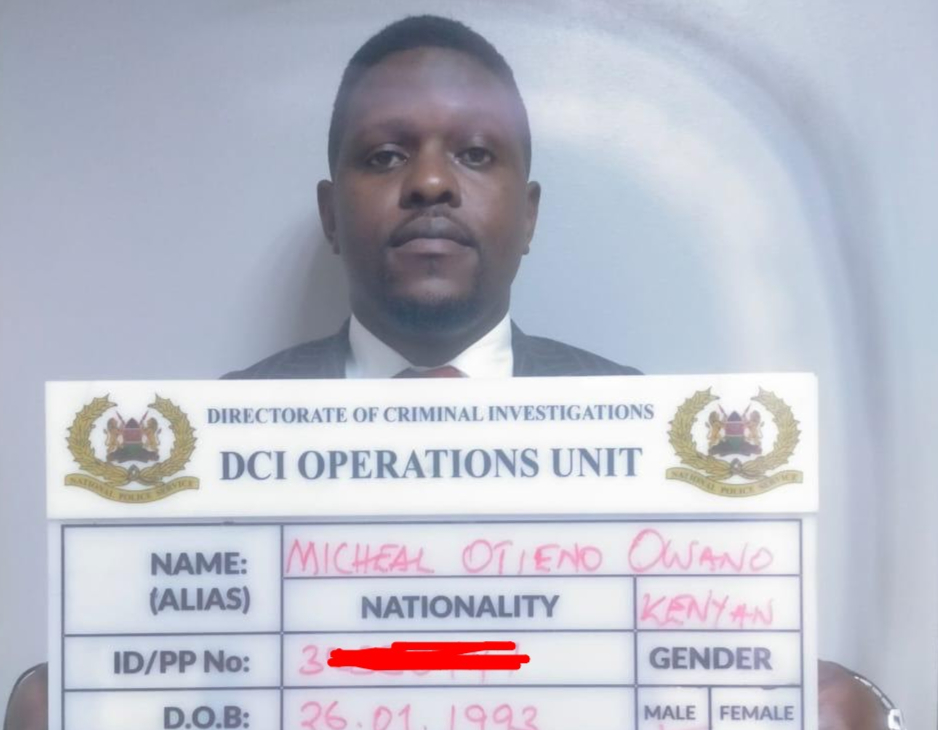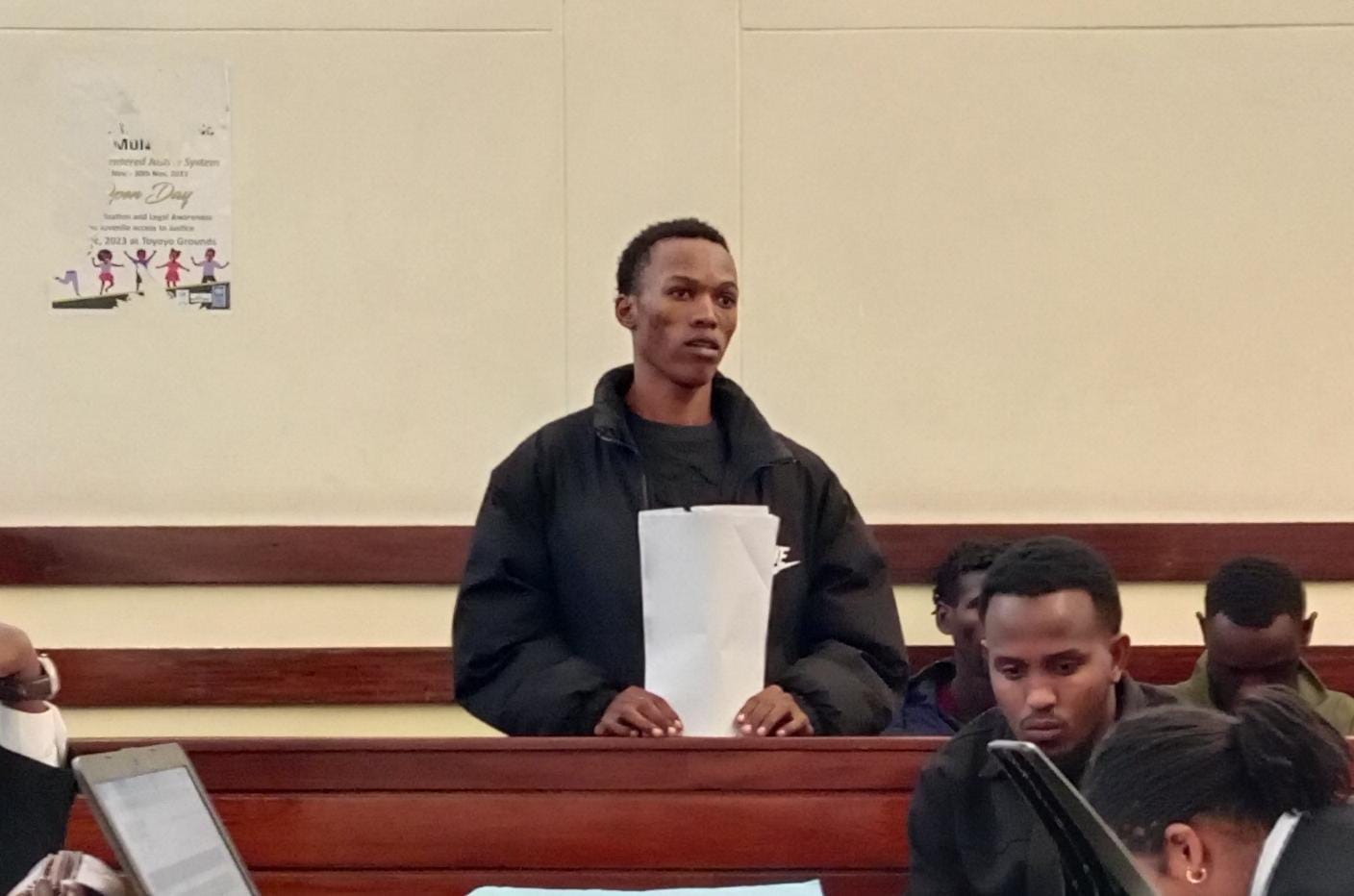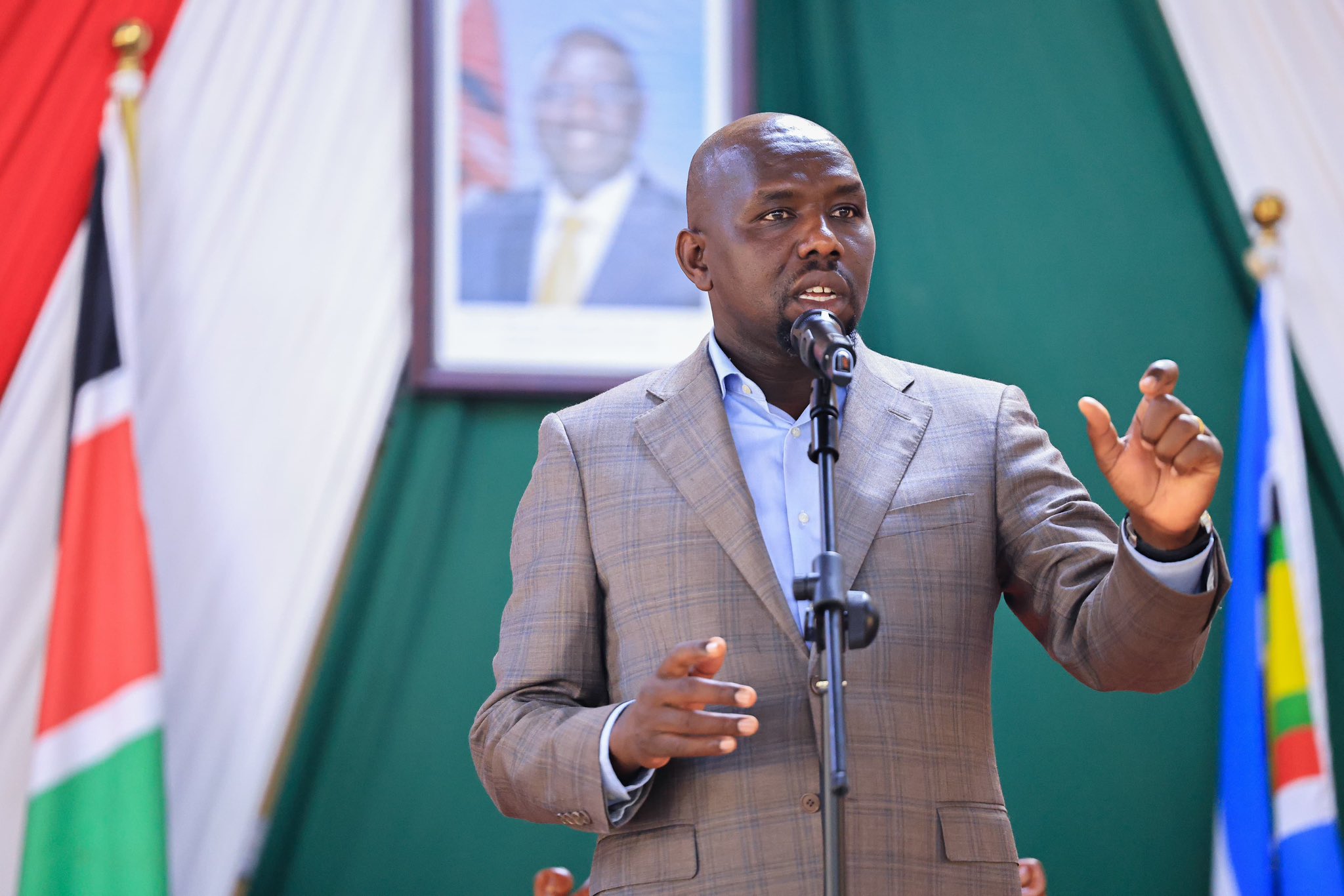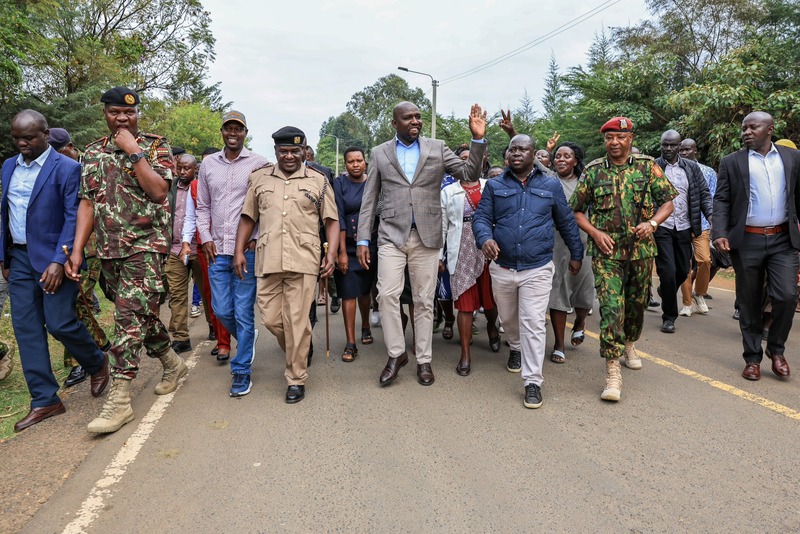Why resigning as Interior boss during protests was not an option - Kindiki

The former Tharaka Nithi Senator stated that he could only resign if his policy was illegal.
Interior Cabinet Secretary Nominee Kithure Kindiki has revealed why he never thought of resigning despite pressure from the public.
On Thursday, he explained himself before the National Assembly Committee on Appointments, using the United States case study of the attempted assassination of presidential candidate Donald Trump.
"In the example of the attempted assassination of Trump, the director of the secret service resigned, but we never saw the minister of security resigning," Kindiki said.
More To Read
- US-Kenya ties: Nairobi walks diplomatic tightrope amid deepening ties with China, Iran
- Rwanda agrees to take 250 migrants deported from US in bid to deepen ties with Washington
- Court declines to nullify DP Kindiki’s swearing-in as Gachagua seeks Sh40 million compensation
- Obama responds to Trump’s coup claims, calls allegations unfounded
- Gachagua accuses Kindiki of orchestrating violence during protests, outlines 2027 vision
- 9/11 mastermind’s plea deal thrown out by US court
An assassin's bullet nearly killed Trump as he spoke at a campaign rally in Butler, Pennsylvania.
The Republican presidential candidate for the November 5 polls had his ear grazed by a bullet when shots rent the air at the rally.
Twenty-year-old Thomas Matthew Crooks was identified as the shooter.
Secret Service agents shot him dead seconds after the attempted assassination from the rooftop of a nearby building, approximately 150 meters away from the Trump event.
The former Tharaka Nithi Senator stated that he could only resign if his policy was illegal.
"Nobody asked her (the US Director of the Secret Service) to resign because ministers don't instruct operations; they instruct policy. I can only resign if my policy instruction was illegal or unconstitutional," Kindiki stated.
The nominee was responding to Kathiani MP Robert Mbui's question about why he didn't resign, despite Japhet Koome, the Inspector General of Police, resigning from his position.
Even before receiving a nomination back to the Interior docket, Kindiki remained steadfast in his resignation.
On July 4, 2024, during an interview at Citizen TV, Kindiki said that had the idea of leaving office crossed his mind over the current crisis facing the country, he would have voluntarily resigned.
"As to when I am resigning, that matter has not crossed my mind because I do not have a reason why I should resign," he said.
"If, for whatever reason, I was convinced that I had done anything that warranted my resignation, I would happily do so."
The anti-government protests, which took place in June and July, piled pressure on President William Ruto to sack his cabinet.
Ruto dismissed his entire cabinet last month, save for CS for Foreign Affairs Musalia Mudavadi, and later moved to form a broad-based government.
The president retained 10 out of the 22 cabinet secretaries he fired upon taking office.
Top Stories Today
